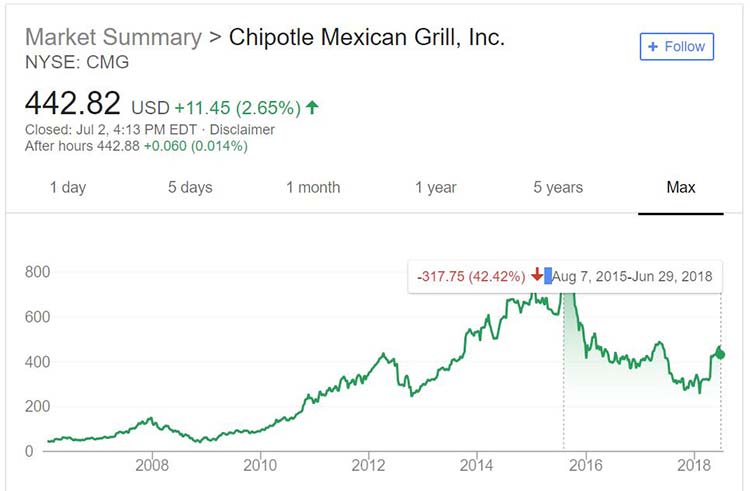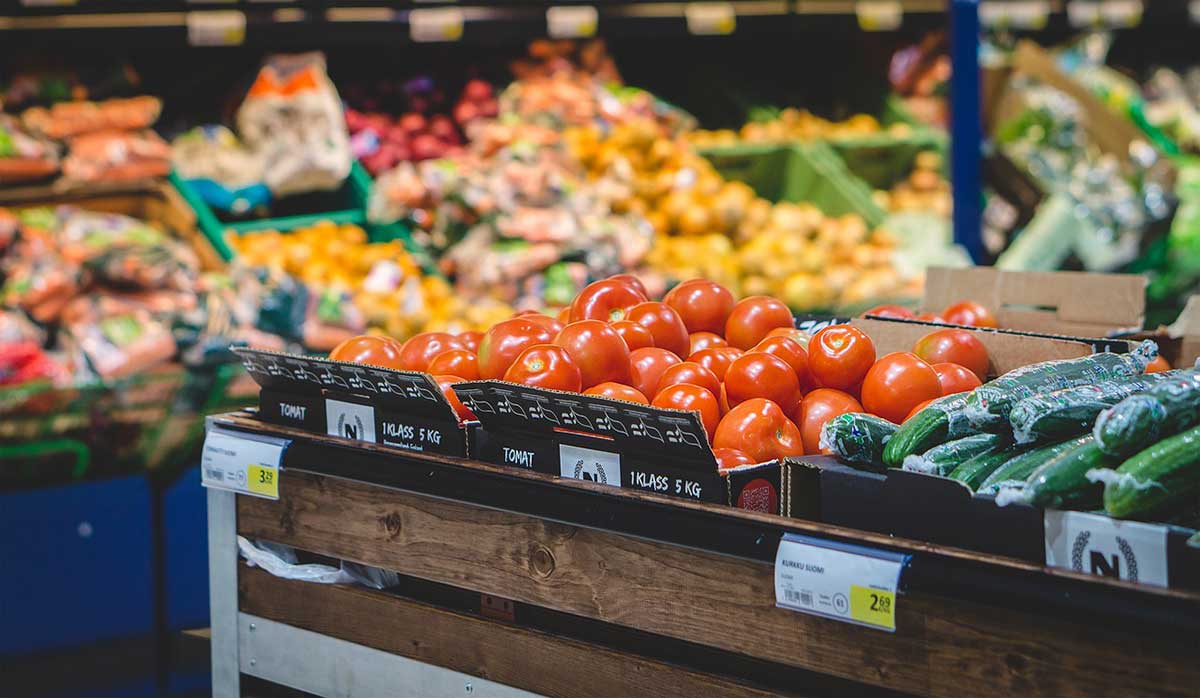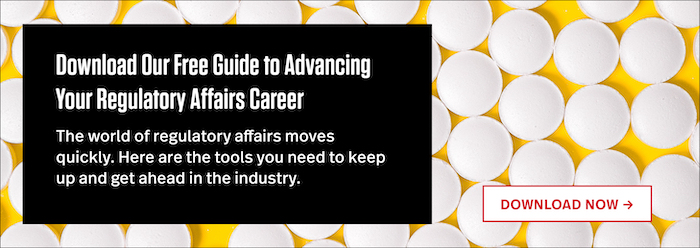Blockchain. Depending on who you talk to, it’s either “a whole lot of hot air,” or “it’ll the next big thing” to shake up the world economy, much like the internet, electricity, and the industrial revolution.
While it’s impossible to know exactly what role blockchain will play in the future, one thing is clear: the technology has the potential to disrupt many industries, from the finance and legal sectors to manufacturing and supply chain and many more.
One such industry is regulatory affairs, who may benefit significantly from a potential application of blockchain for quality assurance.
How Might Blockchain Impact the World of Quality Assurance?
The quality assurance discipline is focused on ensuring that a product achieves and maintains a certain level of quality. These standards may be determined by a company’s own internal systems or by federal, state, or industry regulations. Further, definitions of “quality” are often defined by the needs or desires of the consumer.
Almost all companies and industries will include at least some quality assurance processes between the creation of a product and its distribution to the consumer, though the rigor of these QA processes varies depending on the nature of the industry and product. Industries whose products have the potential to cause harm to the consumer if they have not been produced correctly—food, pharmaceuticals, automobiles, etc.—tend to have more rigorous QA processes compared to industries who produce products of less consequence.

Whatever the case, maintaining a high level of quality is essential for brands who rely on customer trust to do business. Once a brand damages the trust of its customers through faulty or defective goods, it can take years for them to recover, if they ever do at all. All it takes is a look at Chipotle’s stock prices—which are still at roughly 42 percent of their price prior to the chain’s five identified 2015 outbreaks of E.coli, Salmonella, and Norovirus—to realize that recovering trust in your product is a difficult prospect for even the most resilient of brands.
So how can companies use blockchain for quality assurance processes in order to increase consumer safety and trust? To answer that question, it is first important to understand exactly what blockchain is and how it works.
Put simply, blockchain is a decentralized ledger. As such, it is a record that lives in multiple locations at once, making it impossible, or extremely difficult, to edit, change, or forge. Because blockchain is immutable, this creates a permanent record of sorts, which can be referenced much more quickly, and with greater confidence, than traditional records in the event of an emergency.
This speed and confidence are important. During a public health emergency caused by contaminated food, for example, the ability to quickly identify the tainted lot, batch, or case can mean the difference between life and death.
In this way, blockchain becomes an essential piece of the quality assurance puzzle, enabling companies to better recall faulty goods and product before the consumer is put at risk.
Blockchain and Your Quality Assurance Processes
But however promising this all sounds, it is important to note that the decision to implement blockchain will not be an easy undertaking, whether within a single industry or across multiple industries. In many cases, it may mean rebuilding the entire QA and supply chain system from the ground up.
For that reason, if you are thinking about what role blockchain might play in your quality assurance processes, you should first begin by asking yourself the following questions:
1. What does your current record-keeping look like?
According to Darin Detwiler, Northeastern University CPS Professor of Food Policy and recipient of the International Association for Food Protection’s 2018 Distinguished Service Award, “companies need to realize that utilizing blockchain in and of itself will not make your product any safer, your record-keeping any more thorough, or your traceability protocols stronger if these are currently not effective. It isn’t a silver bullet.”
Though blockchain cannot be changed or lost, the information that it holds will ultimately only be as good as the data that goes into it. If the recordkeeping process is incomplete or inaccurate, then the record held within the blockchain ledger will be similarly incomplete or inaccurate. For blockchain to play any role in quality assurance, accurate record-keeping is a must.
If you have plans of eventually incorporating blockchain into your QA processes, your first step will be to ensure that your existing record-keeping is up to your own internal and industry standards.
The exact records and information required will depend largely on your industry, but you must ensure that your record is both complete and accurate. After all, blockchain cannot fix bad data.
2. How do you currently audit your product’s quality?
At the moment, blockchain offers reactive solutions. If a safety issue is found with a product, a blockchain record can be leveraged to help pinpoint the cause of the issue as well as where the product was distributed, which can help contain an issue before it spreads and becomes a public health emergency.
But blockchain cannot and will not, in and of itself, prevent contamination or other problems from occurring. This is a concern that Detwiler shares frequently with industry audiences.
As a safety net and an added layer of defense, blockchain has great potential to work for the public good. But because of its reactive nature, companies also need to be utilizing proactive solutions that prevent a bad or faulty product from leaving the production line in the first place.
The best way for your company to do this is to regularly audit your quality assurance systems and processes to ensure that they are as high-performing as possible. Whenever an issue is found within the system, work to identify a solution that can stop the same problem from happening again.
3. How complex is your supply chain?
Blockchain, as it applies to quality assurance, is all about helping an organization make better sense of its supply chain by providing a record that, among other things, tracks product from one location to the next.
But in order to be truly effective, blockchain record keeping by necessity would need to be in place at all levels of the supply chain. Industries with incredibly complex supply chains will face much more of an uphill battle in terms of implementing blockchain-based quality assurance, simply because doing so would mean requiring every single supplier and distributor get on board.
Companies with simpler supply chains, or who handle production of a product from start to finish, will be in a much better place to implement blockchain once it becomes more widespread.
4. If there was a problem with your product, what would the severity of the problem be?
When it comes to quality assurance, blockchain has the greatest potential when it is implemented by industries that work with products that have the potential to impact human life if something were to go wrong.
Food, pharmaceuticals, chemicals, heavy machinery, and building materials are all great examples. If there are problems with these types of products, the consequences are likely to be severe. Bacteria-infested greens or incorrectly labeled pharmaceuticals, for instance, may lead to a customer’s death, and faulty equipment or chemicals can lead to catastrophic accidents.
A faulty plant holder, on the other hand, is unlikely to cause death. The truth is that not all industries will likely need to implement blockchain as a part of their quality assurance processes. Even if the technology becomes pervasive across industries, most will not need to be among the first adopters. They will likely benefit by waiting and learning from those who make the move before them.
Making Blockchain Work For You
What role, if any, blockchain will play in your quality assurance processes will depend on a number of factors, including your industry and the nature of your product. Highly regulated products such as food, pharmaceuticals, and others can and will likely benefit in short order from blockchain’s promise.
By answering the questions above, you will have a better sense not only of the role that blockchain can play in your organization but also how ready your current quality assurance processes are for the inevitable rolling out of blockchain.







Related Articles
4 Ways to Stay Competitive in Regulatory Affairs
Emerging Trends in Regulatory Affairs in 2022
How to Stay Updated on Regulatory Changes